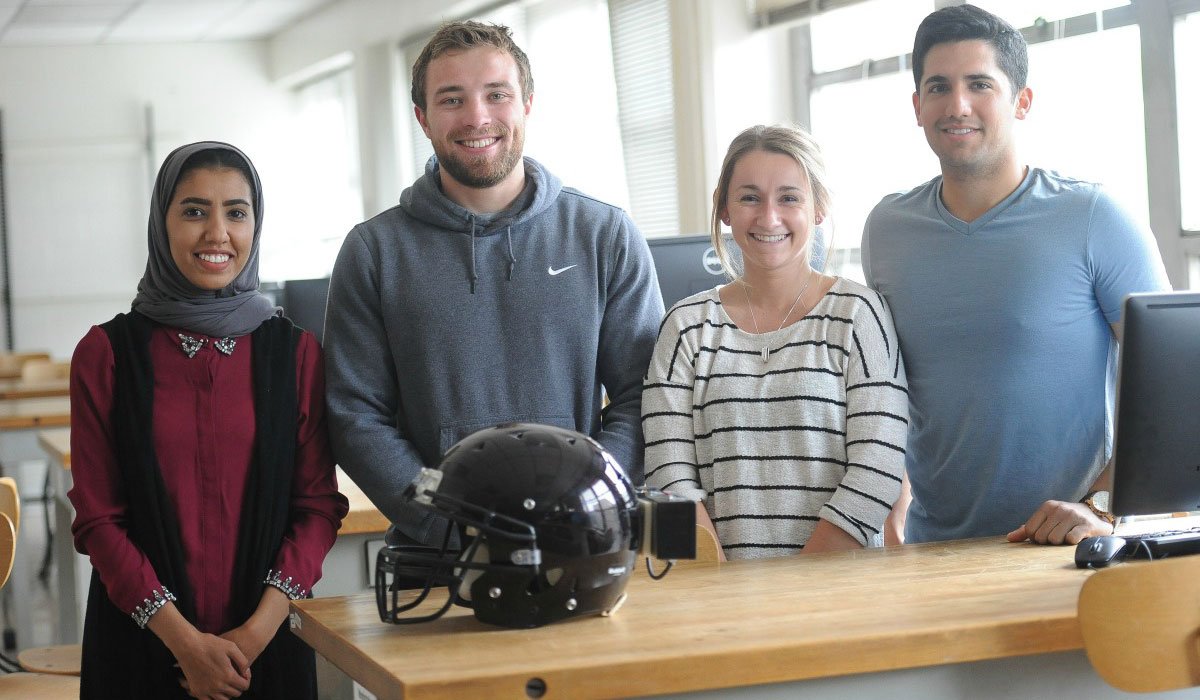Some of the well established specialty areas within the field of biomedical engineering are bioinstrumentation, biomechanics, systems physiology and rehabilitation engineering.
- Bioinstrumentation is the application of electronics and measurement principles and techniques to develop devices used in diagnosis and treatment of disease.
- Biomechanics is the mechanics applied to biological or medical problems. It includes the study of motion, of material deformation, of flow within the body and in devices and transport of chemical constituents across biological and synthetic media and membranes.
- Biomaterials describes both living tissue and materials used for implantation. Understanding the properties of the living material is vital in the design of implant materials.
- Systems physiology is the term used to describe that aspect of biomedical engineering in which engineering strategies, techniques and tools are used to gain a comprehensive and integrated understanding of the function of living organisms ranging from bacteria to humans. Modeling is used in analysis of experimental data and in formulating mathematical descriptions of physiological events.
- Clinical engineering is the application of technology for health care in hospitals. The clinical engineer is a member of the health care team along with physicians, nurses and other hospital staff. Clinical engineers are responsible for developing and maintaining computer database of medical instrumentation and equipment records and for the purchase and use of supplicated medical instruments.
- Rehabilitation engineering is a new and growing specialty area of biomedical engineering. Rehabilitation engineers expand capabilities and improve the quality of life for individuals with physical impairments.

